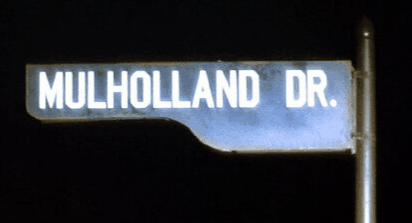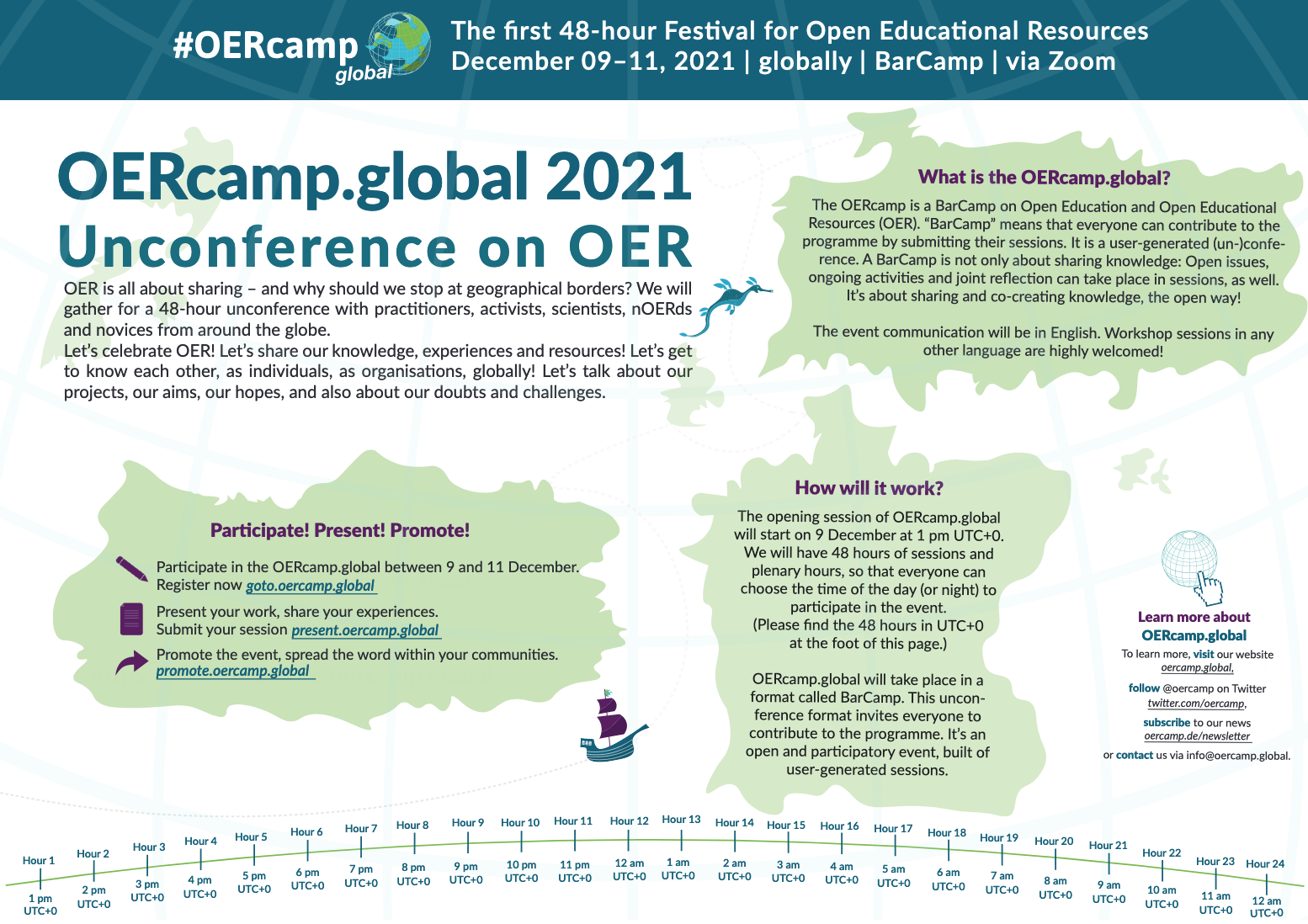Contemporary Art & Open Learning: An OER for Artistic Paragogy
Neil Mulholland
Hour 22 (starting 10 Dec 2021, 10 am UTC+0)
#OERCamp Global 2021 on https://oercampglobal2021.sched.com Please create sched.com account in order to enrol for the session.
I start with a presentation of a new global model for (art) education rooted in peer-to-peer perspectives (paragogy) augmented by an OER and open edutech.
I draw on examples of open learning experiments produced by artists and “paragoges” and show how they informed a new open educational resource that I co-developed over 2020-21 called Contemporary Art & Open Learning.
The open approach we take to curriculum design is interoperable…
– it can be used in any discipline.
We have developed a method of particpatory learning design (Okada, 2012) that generates a sprint-oriented curriclum that emerges from collaborative artistic practice. While the workshops, practica and partnership work we pursue in this OER resembles agile workflows, it dispenses with agile’s over-emphasis on (learning) outcomes and the cooresponding ‘solutioneering‘ reproduced verbatim by the Platform University (Williamson, 2019).
Key here is understanding how Contemporary Art & Open Learning functions as a generative system for learning – or oroborous. This is to say that the key aim of the OER is to create new OERs that, in turn, generate new publics for art (and for learning per se), that in turn create new OERs that, in turn….
Our approach to creating OERs thus ensures that learning is a lifewide process, one that involves a continuous retracing of steps, that learning is “a way of living curiously – that is, with care and attention.” (Ingold, 2018)
Such curiousity-driven learning becomes possible since our OER is philosphically rooted in paragogy and artistic learning rather than pedagogy. Rather than simply teach our research, we are actively involved with our students in the learning process. Learning that is forever fresh to colleagues and students is a style of learning that provokes curiosity.
While, the metacognitive approach we take spawns OERs that function primarily as artworks, they too are interoperable ‘research objects’ that can also be repurposed as arts-based methods.
Refs.
Okada, Alexandra (2012). Participatory design: creating Open Educational Resources using social media. In: 6th International Conference on Design Principles and Practices, 20-22 Jan 2012, Los Angeles, CA, USA.
Williamson, B. (2019, April 9). The platform university: A new data-driven business model for profiting from HE. Wonkhe. https://wonkhe.com/blogs/the-platform-university-a-new-data-driven-business-model-for-profiting-from-he/




